In recent years, awareness of post-traumatic stress disorder (PTSD) has increased dramatically within the fire service. Unfortunately, understanding the effects of repeated exposure to trauma (RET) — as opposed to the impact of isolated traumatic events characteristic of traditional PTSD diagnoses — has lagged. Because many fire fighters experience multiple traumatic events throughout the course of their careers, the impact of repeated exposure can have serious implications.
Repeated trauma is inherent in firefighting. Over the course of a typical day, fire fighters may respond to a broad range of emergency situations. Inevitably, some of these calls involve trauma, including fatal fires, severe injuries, deceased children or multiple fatality auto accidents. Over time, witnessing trauma after trauma can take its toll. A study showed that RET can have a number of harmful psychological impacts, including irritability, flashbacks, desensitization to traumatic events and PTSD.
By acknowledging the reality of cumulative trauma and seeking professional treatment when necessary, fire fighters can learn to manage the impact of cumulative trauma.
Acknowledge That Fire Fighters Experience Cumulative Trauma
Before beginning to tackle the issue of cumulative trauma, fire fighters must first accept that it can be part of the job. By acknowledging this reality, fire fighters — on both an individual and institutional level — can openly discuss RET and work to protect themselves from the psychological impacts of trauma.
Evaluate If You Need Help
As a fire fighter, you likely knew there would be good days and bad days when you decided to take on the role. You knew the job wouldn’t be easy. While recruits are prepared to respond to almost any tactical scenario on the fire ground, there is often very little or no emphasis on how to respond to the emotional and psychological challenges of the career.
While traumatic events may involve direct exposure to death, life-threatening conditions or actual or threatened injury, they can also involve indirect exposure to another’s trauma. This indirect trauma is what can take a toll.
While most fire fighters will experience post-traumatic stress during their career, approximately 20 percent will experience the psychiatric condition of PTSD. To learn more about the difference between post-traumatic stress and PTSD, see the IAFF Guide to Understanding PTS and PTSD.
If you’ve experienced one or multiple traumas, consider the impact that they’ve had on you. Has your mood, sleep or eating habits changed? Ask close friends and family members if they’ve noticed any shifts in your behavior or attitude.
Other often-overlooked signs of trauma may include:
- Trouble concentrating caused by intrusive thoughts, memories or flashbacks of the traumatic event
- Becoming easily irritable or agitated
- Having an overall feeling of numbness or detachment from others
- Avoiding people or places that remind you of the traumatic event
If you are coping with signs of post-traumatic stress or PTSD, talk to your doctor and get a referral for a licensed mental health professional to receive a diagnostic assessment.
Accept Professional Help If You Need It
If you realize that cumulative trauma has had an impact on your well-being, it’s vital that you seek the care you need. In one way or another, your traumatic experiences may stay with you. However, treatment can help you develop the skills you need to work through your trauma and manage symptoms of PTSD. A better life is out there, and the first step is to seek the treatment you need.
Designed by fire fighters, for fire fighters, the IAFF Center of Excellence offers specialized care for PTSD, depression, anxiety, substance use disorder and other behavioral health conditions. Help is closer than you think — reach out today to learn more.
Sources:
Jahnke, Sara A.; Poston, Walker S. Carlos; Haddock, Christopher K.; Murphy Beth.“Firefighting and mental health: Experiences of repeated exposure to trauma.” Work, April 15, 2016. Accessed October 30, 2019.
Corneil W., Beaton R., Murphy S., Johnson C.,Pike K. “Exposure to traumatic incidents and prevalence of posttraumatic stress symptomatology in urban fire fighters in two countries.” Journal of Occupational Health Psychology, April 1999. Accessed November 12, 2019.
Medical Disclaimer: The IAFF Center of Excellence aims to improve the quality of life for people struggling with a substance use or mental health disorder with fact-based content about the nature of behavioral health conditions, treatment options and their related outcomes. We publish material that is researched, cited, edited and reviewed by licensed medical professionals. The information we provide is not intended to be a substitute for professional medical advice, diagnosis or treatment. It should not be used in place of the advice of your physician or other qualified healthcare provider.





